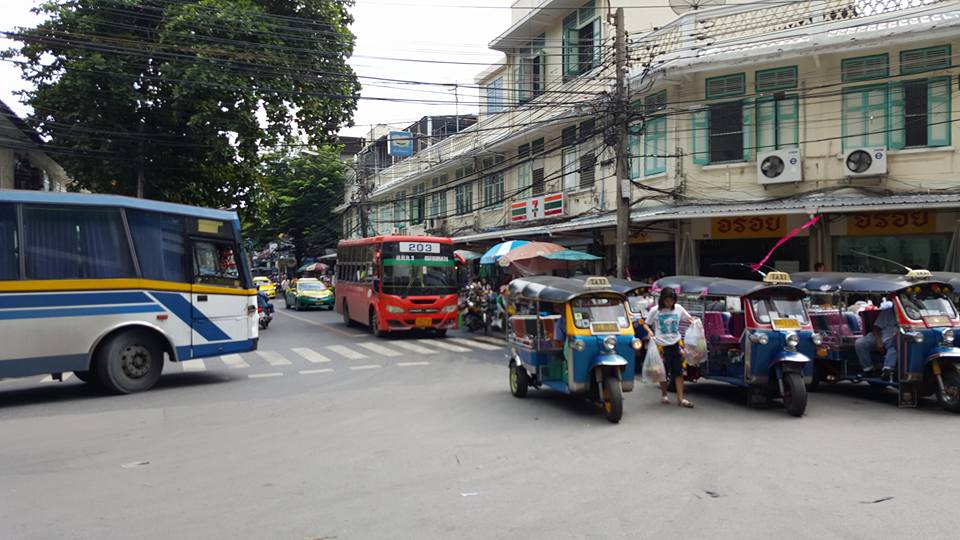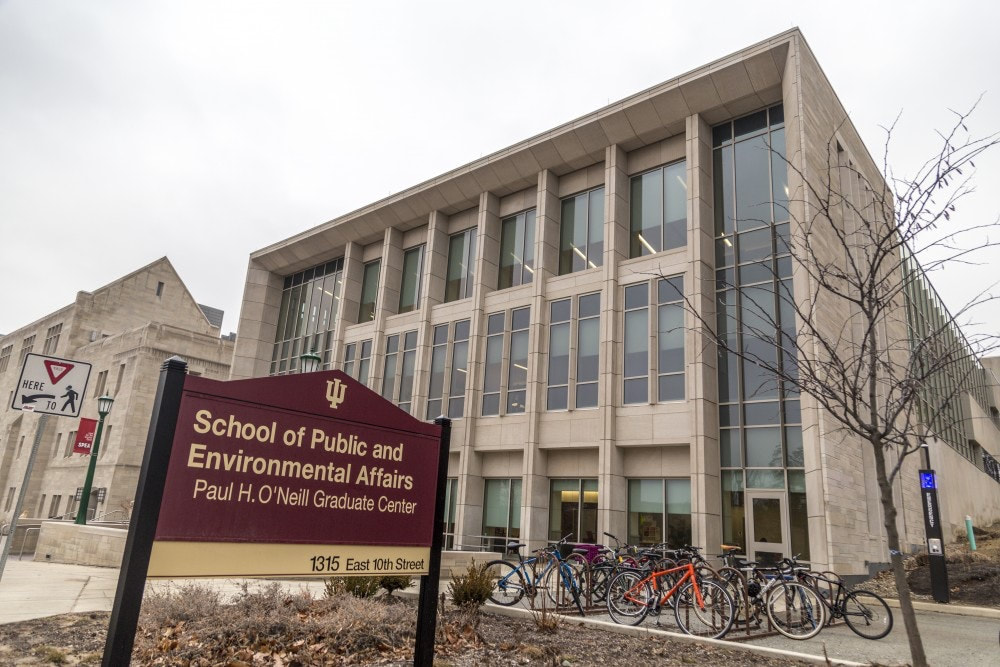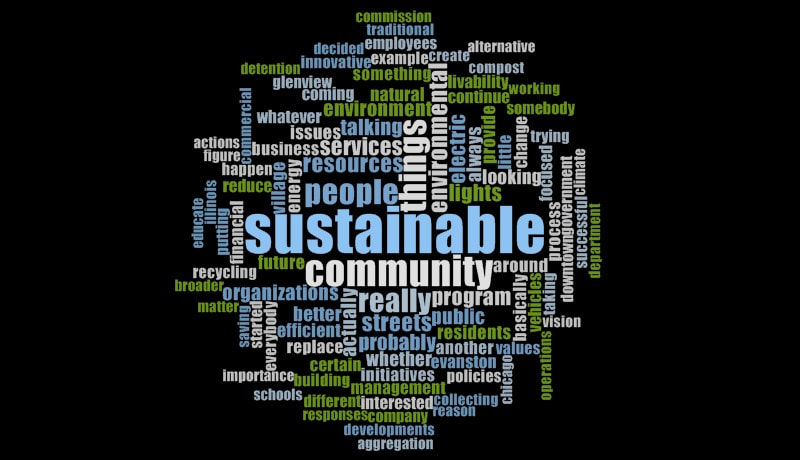|
Academics on the conference circuit sometimes justifiably get a bad reputation for the perception that travel is less work than play.
Despite a severe political fight in Illinois over public spending, my department found a way this month to send myself and two colleagues to Thailand for talks to establish or expand joint-degree programs with Thai and Chinese universities and to attend the 6th International Conference on Local Government hosted by Khon Kaen University. Local government in Thailand takes on a different meaning than in the U.S. context. While the cities are administered by municipal clerks, the central government – led by the military -- appoints them and calls the shots in local development, service delivery and finance decisions. The same week we met with political science department administrators at Thammasat University to discuss the parameters for a joint-Master’s in Public Administration program with Northern Illinois University, hundreds of students and activists marched to Bangkok’s Democracy Monument to mark the nine-year anniversary of the country’s 2006 military coup. Thailand has had a succession of military juntas since then, and protests are technically outlawed. In the Bangkok Post, government officials threatened to hold the organizers of the protest “accountable.” The protests were meant to embarrass the country’s current military-backed prime minister, Gen. Prayuth Chan-ocha, who is slated to address the United Nations General Assembly in New York about Thailand's plans for poverty alleviation and sustainability, as well as when elections could be held (maybe 2017). Thailand is a tourism mecca, but it’s also an urban development hub where research on urban sustainability could find an audience. Everyone knows about Bangkok, a 14-million-population hub of investment, transportation and health-care companies from the Asian economic boom. But the country’s provinces are also in an anxious mood to boost development – creating Special Economic Zones (SEZ) where in some cases, residents are being displaced to make way for massive development projects. At the conference, I presented some research on Florida’s growth-management history which shared some commonalities with the Thai experience. Florida centralized its growth-planning in the 1980s in order to achieve more consistent and less-sprawling, environmentally damaging development patterns (although the policy never perfectly synced with the institutional design). Like many well-intentioned governmental efforts, Florida never adequately funded its growth-management system. My dissertation work (admittedly unpublished so far) has consistently found evidence that local government managers in Florida generally attempted to adhere to their comprehensive plans and resist sprawling, leap-frog types of development patterns. This negative managerial effect is conditional, of course, on the structure of the legislative institution in the community. Council members representing more concentrated areas in counties had a positive effect on more intensive land uses, offseting the effects of managers to some extent. And the mangerial effect differs between counties -- the locus of sprawl -- and cities. In a fit of political hubris – made possible by the broad disaffection with Florida’s sprawling results – Gov. Rick Scott and lawmakers decentralized growth-planning in 2011, handing control back to the local policymakers and developers who weren’t trusted to make those decisions in the 1980s. Where the state goes in terms of future growth is an open question. But my Thai experience reinforces the mandate scholars have to make our work relevant, not only to practitioners in the United States, but in developing countries where lessons from experiments in urban planning can offer insights. Thai professors I spoke with generally distrust elected politicians as a result of the widespread bribery when the country was under democratic control. At the same time, there was a general sense that the country needed more local control of its growth decisions in order to better protect the rights of marginalized populations. U.S. federalism has allowed us to experiment with a wide array of variants in local government structure and policies, and those experiences need more comparative work. Managing urban land use and development poses challenging governance issues to state and local governments not just in the United States but around the globe. Cities account for more than half of the world’s population (UN 2012) and will be home to 66% by 2050. At the same time, 70% of all greenhouse gas emissions contributing to climate change come from urban areas (IPCC 2014). Current global land-use trends suggest urbanization will accelerate globally over the next two decades -- in fact, we're on pace to develop more land between 2010-2030 than in all of recorded human history. Applying our findings – stretching them to see if they hold up in an international context – should be the primary goal of urban scholars in the coming years and decades. This is a precise moment in time when it makes the most sense to expand social science research investment. Hopefully, I can get back to Thailand and developing urban centers elsewhere to do that.
0 Comments
In recent years, urban researchers have been understandably doing lots of work on sustainability – this conceptualization of the economic development, environmental protection and social equity activities of local governments as single, unidimensional latent construct. While the literature to date has offered a lot of insights, my co-author William Swann and I argue in a new Journal of Urban Affairs article that researchers need to now move beyond treating all “green” policy tools as these equally weighted commitments to sustainable governance. Specifically, we explore whether the degree of such commitment reflects different motivations and test for distinct political economies underlying decisions to commit to energy efficiency and greenhouse gas reduction policy tools. We find evidence that the determinants for the two types of policies are distinct, and subsequent research should focus on disentangling these distinct motivations for sustainable action by governments. |
AuthorI work as an Assistant Professor at the O'Neill School of Public and Environmental Affairs at Indiana University Bloomington. There, I direct the MGMT Lab. Archives
January 2023
Categories |





 RSS Feed
RSS Feed
